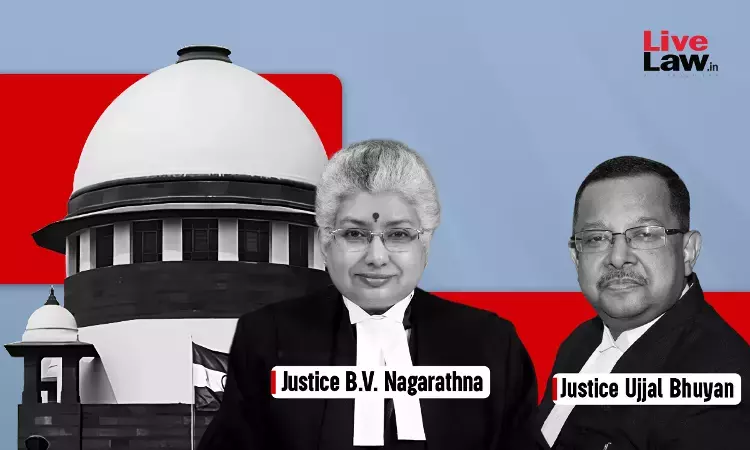- Home
- /
- Top Stories
- /
- Supreme Court Summarises Factors...
Supreme Court Summarises Factors For Deciding Remission Applications
Awstika Das
9 Jan 2024 10:35 AM IST
On Monday, the Supreme Court not only set aside the remission of 11 convicts in the Bilkis Bano case but also provided detailed guidelines for considering remission applications. The top court highlighted key factors that must be taken into account, offering an illuminating roadmap for evaluating such pleas under the Code of Criminal Procedure.This verdict was handed out by a bench of Justices...
Next Story



